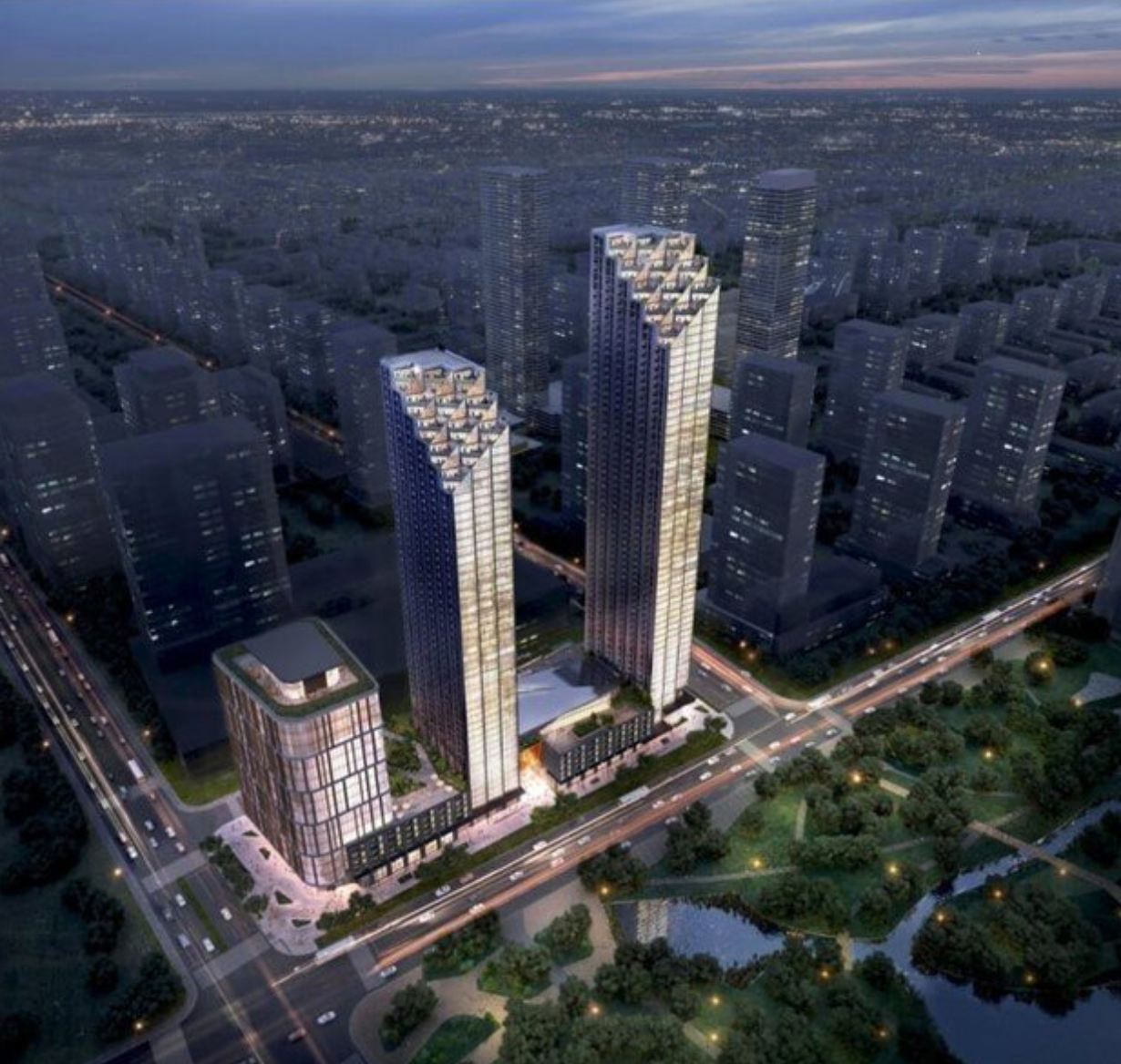News
12-Feb-2021- CBC News
Why geothermal is a hot trend in new condos
Many condominiums being designed and built right now in Canada are greener than their predecessors — not just from the ground up but also deep down. That's because many are turning to fossil fuel-free geothermal or geoexchange technology for their heating and cooling.

While most geothermal systems in the past 40 years have been installed in single-family homes, those in the industry say growth in the market is now driven by condominiums.
"That market is increasing and actually increasing very, very quickly right now," said Stanley Reitsma, president of the Ontario Geothermal Association.
Geoexchange is a type of electric heating and cooling that draws heat -- and cooling -- from the ground. (Note: While "geothermal" is the more commonly used term, "geoexchange" is preferred in the industry because it's less likely to be confused with geothermal energy, a different technology for power generation.)
In the past five years, the proportion of condos with this type of electric heating has more than doubled to five per cent in Ontario, Reitsma estimates.
Huge Demand for Alternative Heating Systems in Large Buildings
Lloyd Jacobs, general manager of FortisBC Alternative Energy Services, which has installed geothermal systems in dozens of multi-residential buildings in B.C., said there is "a huge demand" for alternative heating systems in large buildings that might have been heated by fossil fuels or baseboard heaters in the past.
Traditionally, a challenge for geothermal energy is the high cost of digging and installing the borefield — that is, the liquid-filled underground loops that store and supply the heating and cooling to the system.
But Martin Luymes, vice-president of government relations for the Heating Refrigeration and Air Conditioning Institute of Canada, said those upfront expenses are now offset by savings from things like lower energy and maintenance costs in as little as three to five years for large buildings.
Why Condos Might Want to Install Geoexchange Systems
Luymes and Reitsma said there are a few reasons for that and for why condos might want to install geoexchange systems now.
They include:
Green building regulations. Many cities are tightening building standards for efficiency and emissions. For example, the Toronto Green Standard is on track to require new buildings to have close to zero carbon emissions by 2030. Reitsma points out that's not too far away, so many builders want to learn and gain some experience with geoexchange systems now. Similarly, B.C.'s Energy Step Code aims to make all new buildings "net-zero energy ready" by 2032, prompting many condo developers to look for solutions, Jacobs said.
New ways to pay. Builders now have an alternative to paying the upfront infrastructure cost themselves — third parties such as FortisBC Alternative Energy Systems and Toronto-based Diverso Energy will build and operate the borefield, then charge a monthly or annual service fee over decades to the condo owners. This way, "the developer gets to offload the risk and the costs associated with geothermal," said Jon Mesquita, Diverso Energy's chief operating officer. In B.C., such utilities are regulated and there are regulatory incentives for signing up with them.
Cheaper cooling and more leasable space. Reitsma said a big difference between condo buildings and smaller buildings is the cooling requirements. Highrises usually require bulky, expensive cooling towers. Because geoexchange systems cool as well as heat, they eliminate the need for cooling towers. That often frees up rooftop space that can be used for penthouse suites, rooftop gardens and other amenities. In multi-use buildings, Jacobs said, heat captured from commercial spaces during cooling can often be used in residential parts of the building.
Cheaper cooling and more leasable space
Cheaper cooling and more leasable space. Reitsma said a big difference between condo buildings and smaller buildings is the cooling requirements. Highrises usually require bulky, expensive cooling towers. Because geoexchange systems cool as well as heat, they eliminate the need for cooling towers. That often frees up rooftop space that can be used for penthouse suites, rooftop gardens and other amenities. In multi-use buildings, Jacobs said, heat captured from commercial spaces during cooling can often be used in residential parts of the building.
Interest in and adoption of geoexchange isn't even across the country. Luymes said that's partly because the emissions reductions — and therefore the incentive to switch away from heating with fossil fuels — are greater in provinces with a clean grid.
He suggested that could change in the future as provincial governments work to decarbonize their electricity grids.
Given the current rock-bottom prices for natural gas, he said, "geoexchange probably won't become a predominant or default technology in our industry ever unless and until supportive policies by the government are implemented."